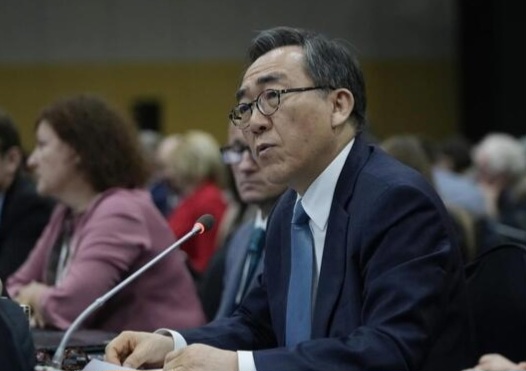Negotiators working to create a global treaty on plastic pollution ended a week-long session in Busan, South Korea, without reaching an agreement, delaying further discussions until next year.
The talks, initially intended to finalize the first legally binding treaty on plastic pollution by the end of 2024, stalled over key issues, including reducing global plastic production and regulating toxic chemicals used in plastics.
Over 100 countries advocated for limits on plastic production, emphasizing its importance in addressing pollution and associated chemical hazards.
However, plastic-producing nations like Saudi Arabia, India, and Kuwait opposed such measures, arguing they exceeded the treaty’s original scope.
Disagreements also arose over decision-making processes, with some nations pushing for voting mechanisms to bypass deadlocks, which others rejected as undermining inclusivity.
By the end of the scheduled talks, the treaty draft remained incomplete, with negotiators divided on problematic plastics, chemical regulations, production limits, and funding mechanisms.
Many delegates, particularly from Africa, expressed concerns that the draft had become too weak and preferred delaying the treaty rather than compromising on its strength.
Global plastic production, exceeding 400 million tons annually, is projected to rise by 70% by 2040 without significant policy changes.
Negotiators from countries heavily impacted by plastic pollution, such as Ghana, emphasized the urgency of an ambitious and effective treaty.
Environmental organizations and indigenous groups criticized the lack of transparency during the closed-door negotiations, claiming their exclusion undermined the process.
Despite the setbacks, South Korea’s foreign affairs minister, Cho Tae-yul, expressed optimism that the talks brought the world closer to a unified solution to combat plastic pollution.















